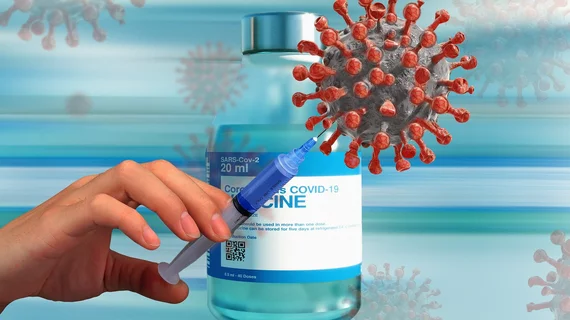‘Potentially big impact’: New ingredient praised as possible solution for better COVID-19 vaccines
Researchers believe they may have found a new way to enhance the effectiveness of COVID-19 vaccines, according to data shared Friday, Dec. 3.
Most vaccines include particles known as adjuvants that direct the immune system to protect against dangerous pathogens. And experts reported positive findings using a combined adjuvant already approved for use in a shingles vaccine.
Early experiments in mice revealed that the saponin/TLR adjuvant activates many different parts of the immune system to strengthen its response against invading pathogens. With more testing, it could spell good news in the fight against emerging COVID variants.
"This is super exciting," Shane Crotty, PhD, with the Center for Infectious Disease and Vaccine Research at the La Jolla Institute for Immunology in California, said Monday. "We're really hoping this adjuvant can help out."
Both saponin and TLR have proven to be safe, and the latter is known to stimulate a part of the immune system that first detects foreign invaders. This proved to be the “secret weapon” for the team’s recent research, published Friday in Science Advances.
Further research will be needed to confirm the results, the authors noted. And should the U.S. Food and Drug Administration approve this adjuvant (it has only approved five in the U.S. so far), saponin/TLR would make a good additive to the Novavax vaccine, the group explained.
"This has, potentially, a big impact for human health," Crotty added.
View the entire study here.

